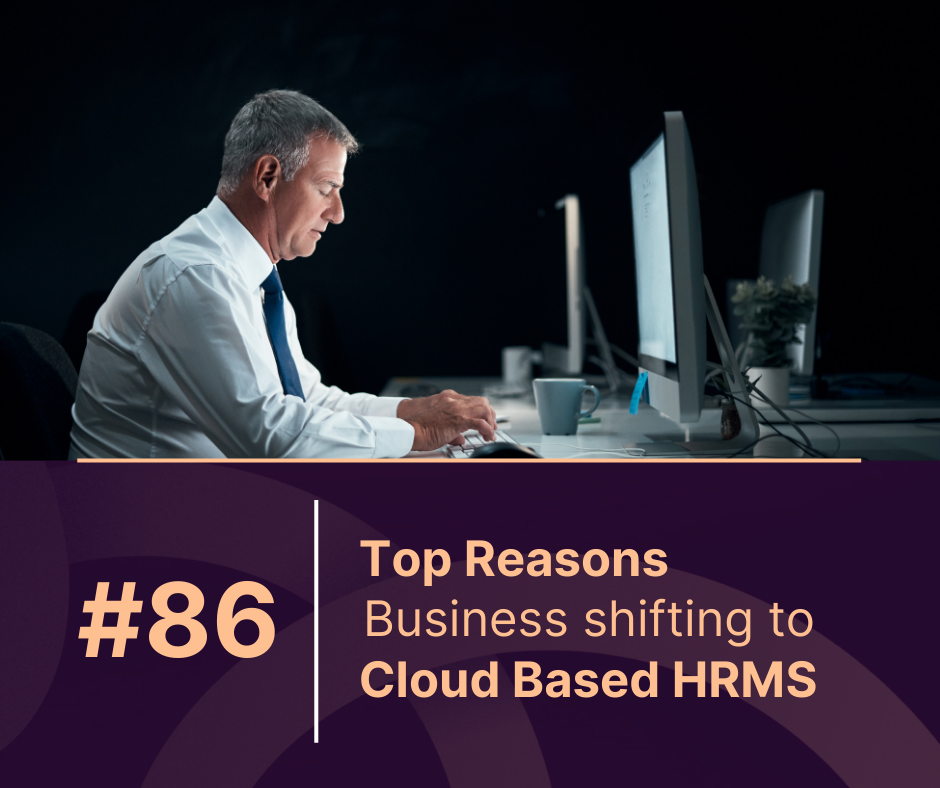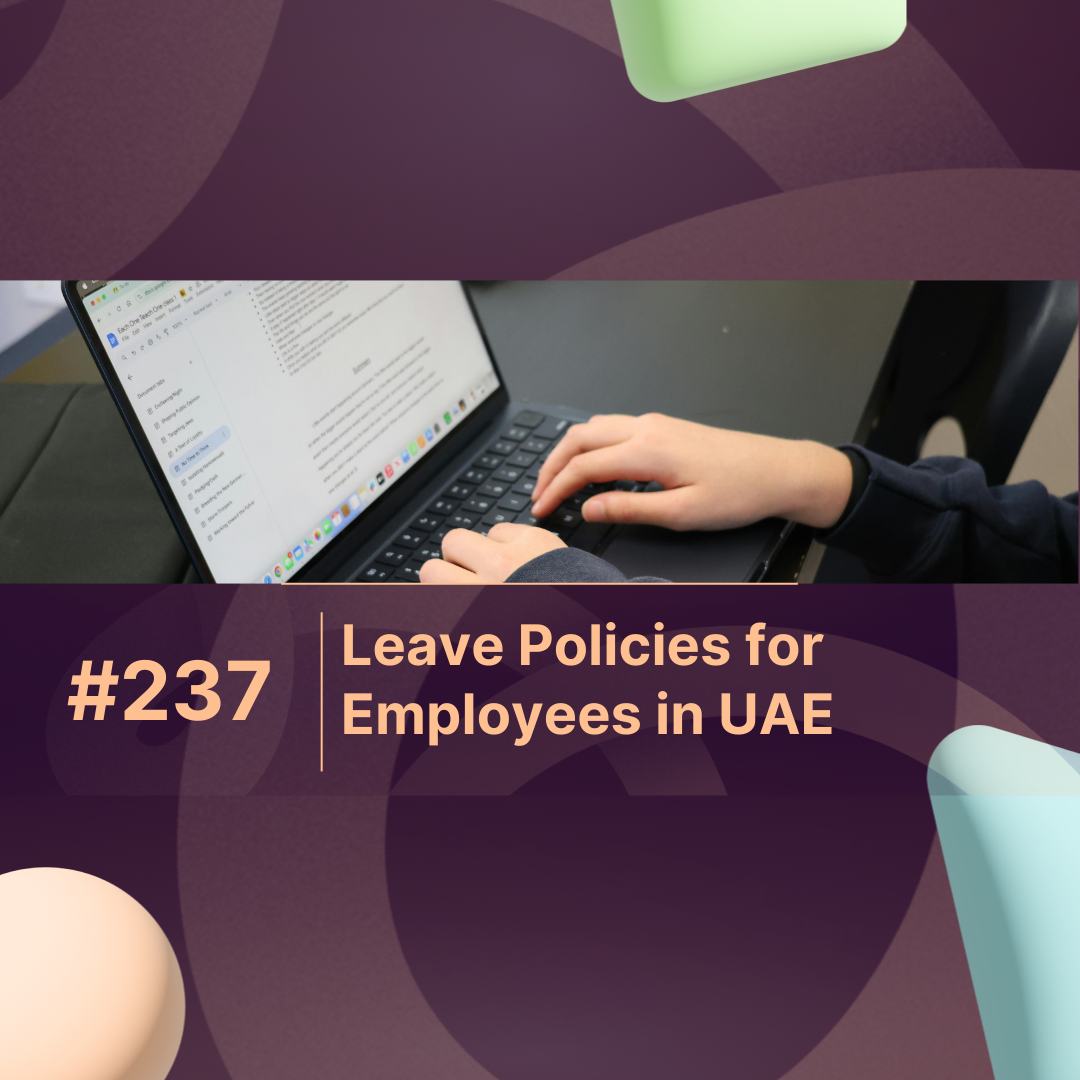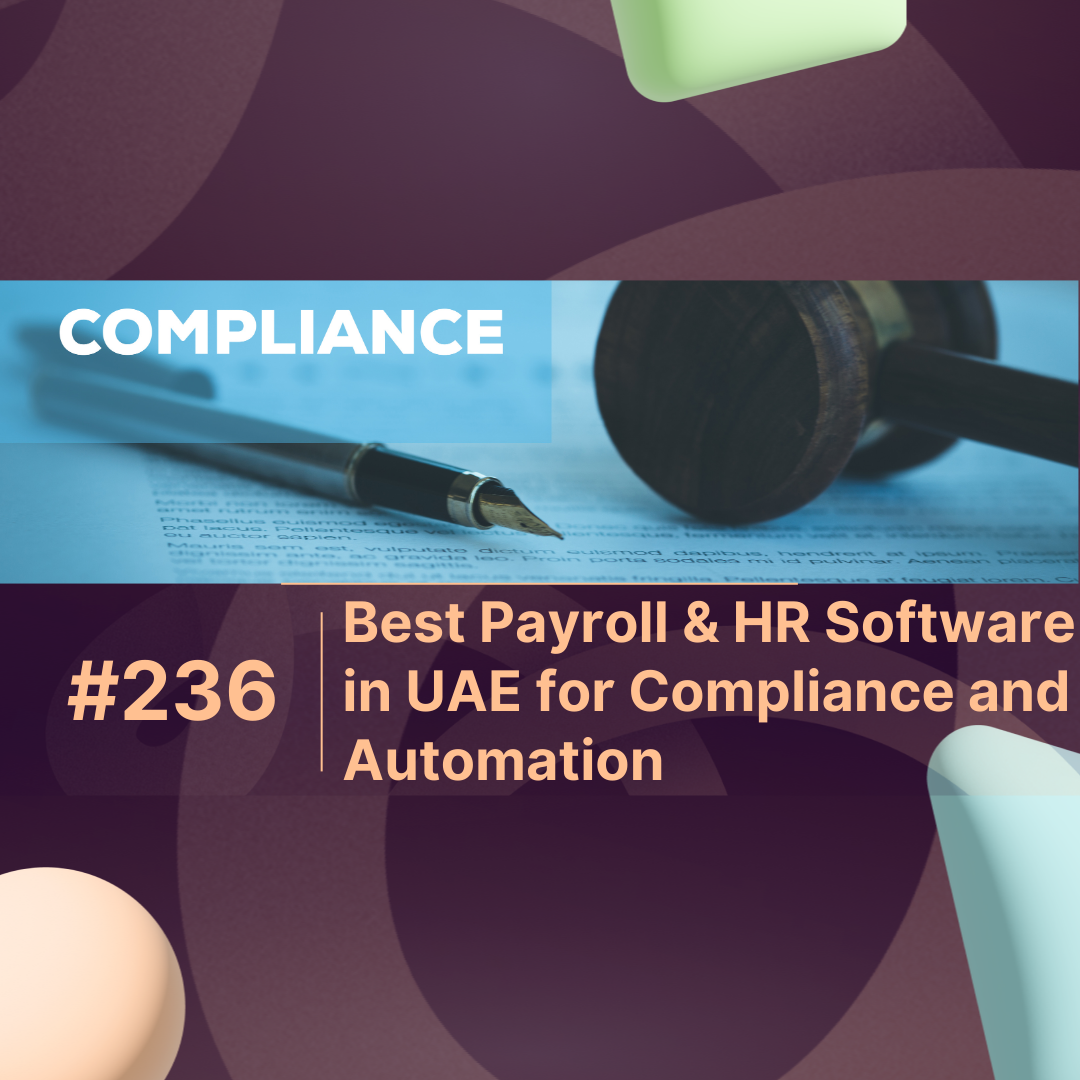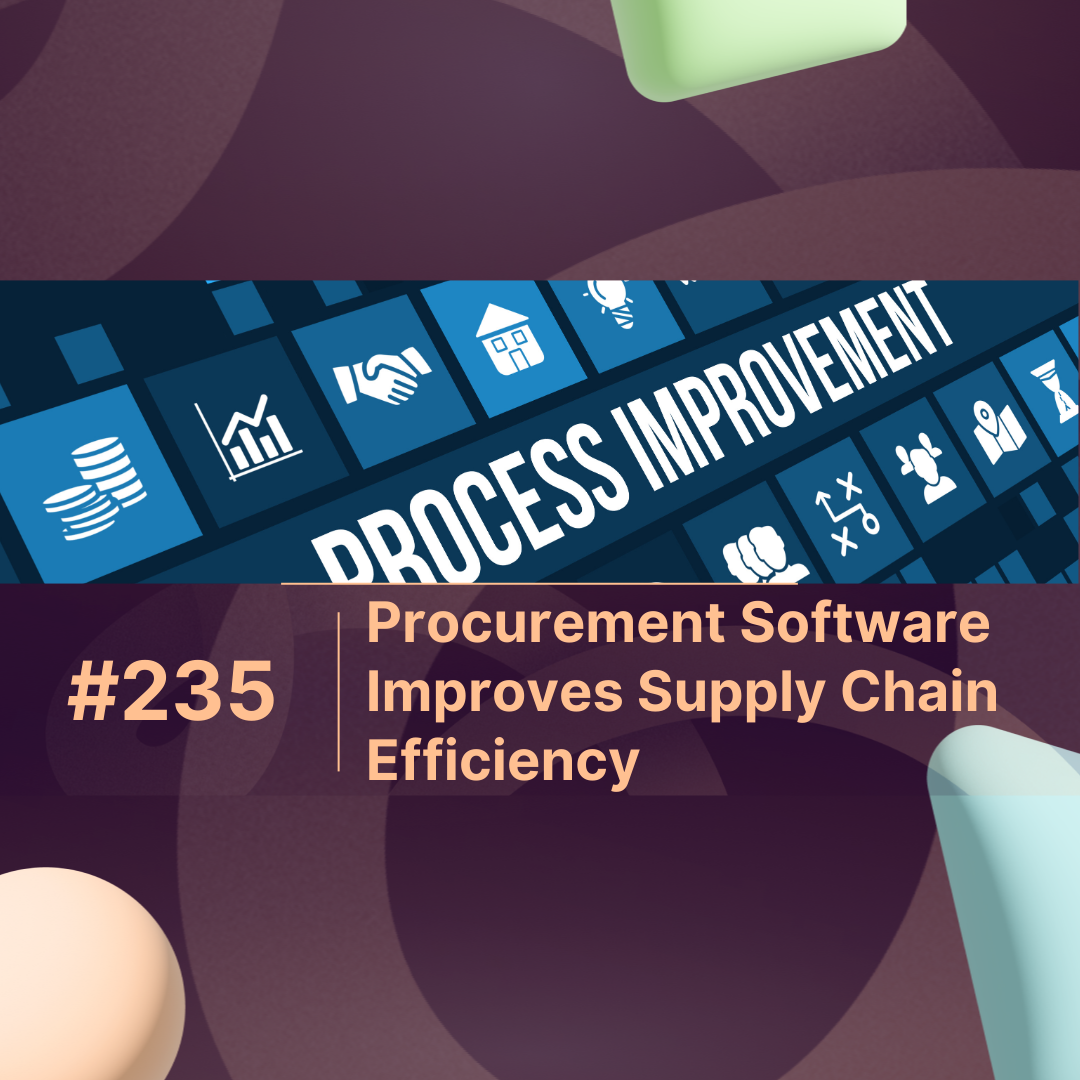Overview
As the UAE rapidly embraces digital transformation, businesses of all sizes are prioritizing automation, cost-efficiency, and scalability. One powerful shift in the HR landscape is the widespread adoption of cloud based HRMS (Human Resource Management System). This trend is not just a technological upgrade—it’s a strategic business move that aligns with the UAE Vision 2031 for a knowledge-based, innovative economy.
In this article, we’ll explore the top reasons UAE businesses are transitioning to cloud based HRMS, supported by market data, benefits, and industry trends that highlight why now is the time to make the switch.
What Is a Cloud Based HRMS?
A cloud based HRMS is a software solution hosted on the internet that enables businesses to manage HR functions like payroll, attendance, recruitment, onboarding, and performance tracking—all in real time. It eliminates the need for on-premise infrastructure, making it ideal for fast-growing companies in the UAE.
Why UAE Businesses Prefer Cloud Based HRMS: Key Drivers
1. Cost-Effective & Scalable Solutions
UAE businesses, especially startups and SMEs, are cost-conscious. Cloud based HRMS eliminates the need for expensive IT hardware, maintenance, and upgrades.
| Feature | Traditional HRMS Cost | Cloud Based HRMS Cost |
|---|---|---|
| Initial Setup | AED 30,000–50,000 | AED 1,000–3,000/month |
| Annual Maintenance | AED 10,000+ | Included in subscription |
| Scalability Cost | High | Low (pay-as-you-grow) |
Fact: A 2023 survey by Gulf Business revealed that 67% of UAE SMEs prefer SaaS models due to lower upfront investment and predictable costs.
2. Real-Time Access & Mobility
With hybrid and remote work becoming common in Dubai, Abu Dhabi, and Sharjah, cloud based HRMS allows HR teams and employees to access data from any location, using any device. This is essential for companies managing distributed teams.
3. Regulatory Compliance Made Easy
UAE labor laws are evolving—especially in areas like Emiratization, gratuity, and payroll management. Cloud HRMS solutions come with pre-built local compliance modules that automatically update in line with UAE regulations.
Bonus: Cloud systems often include built-in data security, aligned with UAE data protection laws.
4. Improved Employee Experience
HRMS systems streamline leave applications, payroll slips, performance reviews, and self-service dashboards, resulting in higher employee satisfaction and faster HR operations.
A Deloitte UAE report found that companies with digital HR platforms experience 30% higher employee engagement.
5. Automation of Routine Tasks
Cloud based HRMS automates repetitive tasks such as:
-
Payroll processing
-
Timesheet approval
-
Leave calculations
-
Document management
This automation frees HR teams to focus on strategy, recruitment, and culture building.
6. Faster Implementation and Upgrades
Unlike on-premise software that takes weeks or months to deploy, cloud HRMS solutions can be launched in days. Moreover, updates are automatic and included in the subscription—ensuring your system is always up to date.
7. Integration with Other Business Tools
Modern cloud based HRMS platforms integrate easily with:
-
Accounting software (e.g., Zoho Books, QuickBooks)
-
CRM tools
-
Slack or Microsoft Teams
-
UAE payroll banks
These integrations enhance business agility and eliminate silos between departments.
Cloud Based HRMS Adoption in the UAE: A Growing Trend
| Metric | Data (2024) |
|---|---|
| UAE companies using cloud HR tools | 58% |
| Increase in HR automation in 2 years | 41% |
| HR tech investment by UAE enterprises | AED 1.2B |
| Expected market growth (CAGR 2025–2030) | 11.5% |
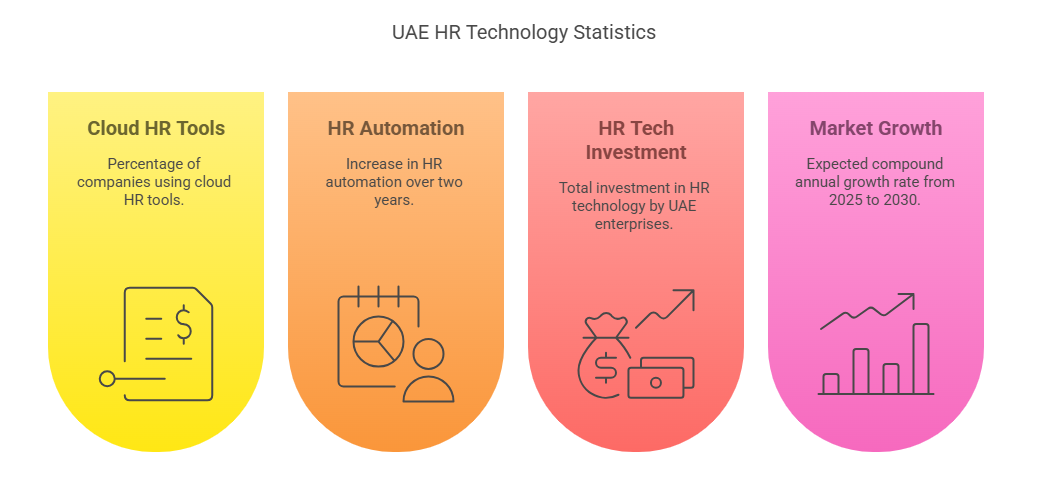
Conclusion
UAE businesses are moving to cloud based HRMS not just for convenience but for strategic advantages—cost savings, compliance, scalability, and employee satisfaction. As the nation continues to innovate and evolve, investing in a cloud HR solution is no longer optional—it’s essential for future-ready business growth.
Whether you’re a startup in Dubai or a multinational in Abu Dhabi, now is the time to make the switch to a cloud based HRMS and empower your HR teams to lead the way.
FAQs
1. What are the main features of a cloud based HRMS?
Cloud HRMS includes payroll, attendance, onboarding, leave management, performance evaluation, and reporting tools—all accessible online.
2. Is a cloud based HRMS secure for UAE businesses?
Yes, most providers follow strict data security protocols, including GDPR compliance and local data hosting where required.
3. How much does a cloud based HRMS cost in the UAE?
On average, prices range from AED 1,000 to AED 3,000 per month depending on the features and number of users.
4. Can cloud HRMS handle multiple locations and branches?
Absolutely. Cloud systems are ideal for multi-branch or multinational companies with centralized HR data and access.
5. What makes cloud based HRMS better than traditional systems?
It’s more flexible, cost-effective, scalable, and easy to use especially for growing businesses in fast-paced markets like the UAE.
